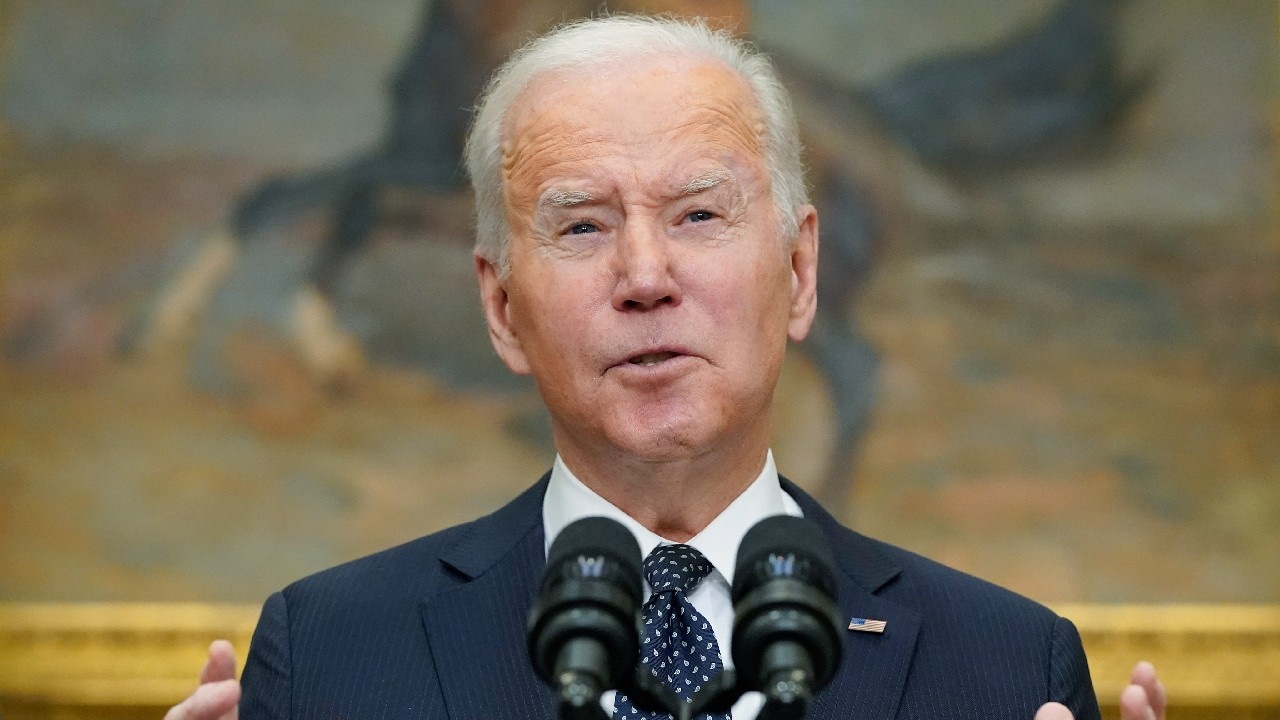As Russia and Ukraine tensions rise, local economist says American prices will go up
President Biden addressed reporters on Friday, saying the United States has reason to believe Russia intends to invade Ukraine in the coming days. He said the U.S. and its allies will support the Ukrainian people and hold Russia accountable for its actions, vowing to impose severe sanctions if Russia attacks.
[anvplayer video=”5090796″ station=”998122″]
“Make no mistake, if Russia pursues its plans, it will be responsible for a catastrophic and needless war of choice,” Biden said.
As tensions continue to escalate, many in the U.S. may be wondering how the economy could be impacted by this conflict.
RELATED: Biden ‘convinced’ Putin’s decided to further invade Ukraine
One local economist said the potential for war overseas could disrupt the world market and the prices of the goods we buy.
“There is going to be the short-term effect of, obviously, some panic,” Ameeta Jaiswal-Dale, an associate professor of finance at the University of St. Thomas, said.

(AP Photo/Alex Brandon)
This kind of conflict has the potential to upend the global economy, first impacting the price of gas and oil.
“We see it in stages, first at the pump, then at the table and some of the long-term impacts could be changes in crop patterns,” Jaiswal-Dale said.
Russia and Ukraine are both major producers and exporters of wheat, so Americans can expect to see the cost of bread and pasta go up. Long-term, Jaiswal-Dale said it could impact Minnesota farming and crop patterns.
“Minnesota is a wheat-growing area, along with soybeans and corn, so with higher wheat prices down the road, we may see crops going more towards wheat plantation,” she said.
Already, Jaiswal-Dale said the price of wheat has increased 25 cents per bushel, and prices are only expected to get steeper. She said now is the time to plan, budget and maybe consider looking for wheat alternatives when you head to the grocery store. The effects may not be immediate but Americans can expect to see food prices rise.
“It is a far away conflict, we don’t see the immediate effect but we do see it in terms of the way we live our lives, the way we consume,” Jaiswal-Dale said.